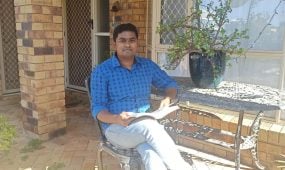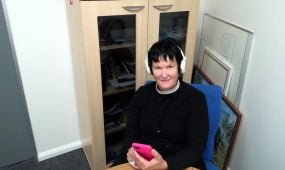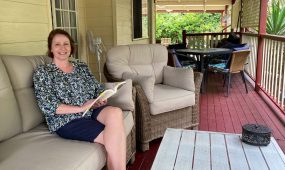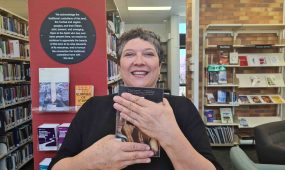The book I have given away the most and why: Peter Branjerdporn
Faith book reflections
“The book made me realise how disconnected I am to the land, sea and sky and how much I need to work on being grounded in Creation, which is really the same thing as Country. I now see God’s hand more in Creation and consequently my faith is more embodied rather than primarily abstract. As a city-dweller, this book’s explanation of the Dreaming and its liturgical resources enable me to embody my spirituality in Creation,” says the Justice Unit’s Peter Branjerdporn
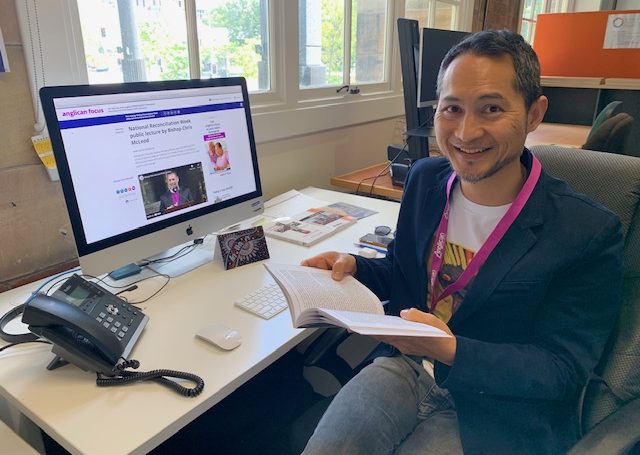
A Christian friend of mine is an academic of First Nations history. In 2018, she shared a post on Facebook about Gondwana Theology, commenting about how impressive the book is historically and theologically. I Googled more and discovered that National Aboriginal Bishop and Gurindji man Chris McLeod endorsed the book. So I purchased the book online immediately.
Gondwana Theology: A Trawloolway Man Reflects on Christian Faith was written by The Rev’d Dr Garry Deverell. He is based in the Diocese of Melbourne and is a member of the National Aboriginal and Torres Strait Islander Anglican Council (NATSIAC). The author is originally from northern Lutrawita (Tasmania).
Advertisement
Gondwana Theology is unique because it approaches theology and liturgy from a First Nation perspective. The Rev’d Garry relates creation to the Dreaming, explaining that the Holy Spirit was present before Europeans came. He explores what it would be like if we reformed our theology as though we are part of Country. He gently challenges us to synthesise a new expression of the Gospel in these lands that we now call Australia by embracing a theology grounded in a nuanced understanding of God’s purpose for Creation, including in the unfinished business of Reconciliation.
The book is a wonderful resource for clergy and lay people to write (literally) earthy liturgies grounded in Country as creation. The book’s earthiness makes liturgy less lofty and more accessible and engaging, while adding richness. Towards the end of the book, we are provided with sample liturgies, which are incredibly helpful.
His book is very autobiographical and acknowledges the history of colonisation and its impacts, offering a way that we can all move forward together. Although the book is relatively short and is written by an academic, it is very rich, jargon-free and accessible.
Advertisement
The book made me realise how disconnected I am to the land, sea and sky and how much I need to work on being grounded in Creation, which is really the same thing as Country. I now see God’s hand more in Creation and consequently my faith is more embodied rather than primarily abstract. As a city-dweller, this book’s explanation of the Dreaming and its liturgical resources enable me to embody my spirituality in Creation:
“For the dreaming is not primarily about the past. It is like the presence of Yahweh in the burning bush encountered by Moses on Mt Horeb (Exodus 3): it is everywhere and always present…The dreaming is nothing less, in fact, than the passage of the divine Spirit in and through the world as body, materiality, lore, flesh…What renders the dreaming visible to our lazy, amnesiac awareness is storytelling. And not just any storytelling. Ritual storytelling: story told, enacted and performed in the body.” (2018, p.15-16)
I have given away and recommended this book to many Anglicans. The book shows how much First Nation Christians have to offer all Australian Christians. The feedback I have had is that it is fresh, fascinating and easy to read.
Editor’s note 2/5/2022: National Reconciliation Week (NRW) is held annually between 27 May and 3 June. This year’s theme is “Be Brave. Make Change.” Visit the Reconciliation Australia website for posters and resources and to register your NRW events. Find out about Diocesan NRW events by visiting the anglican focus ‘Events’ page.

